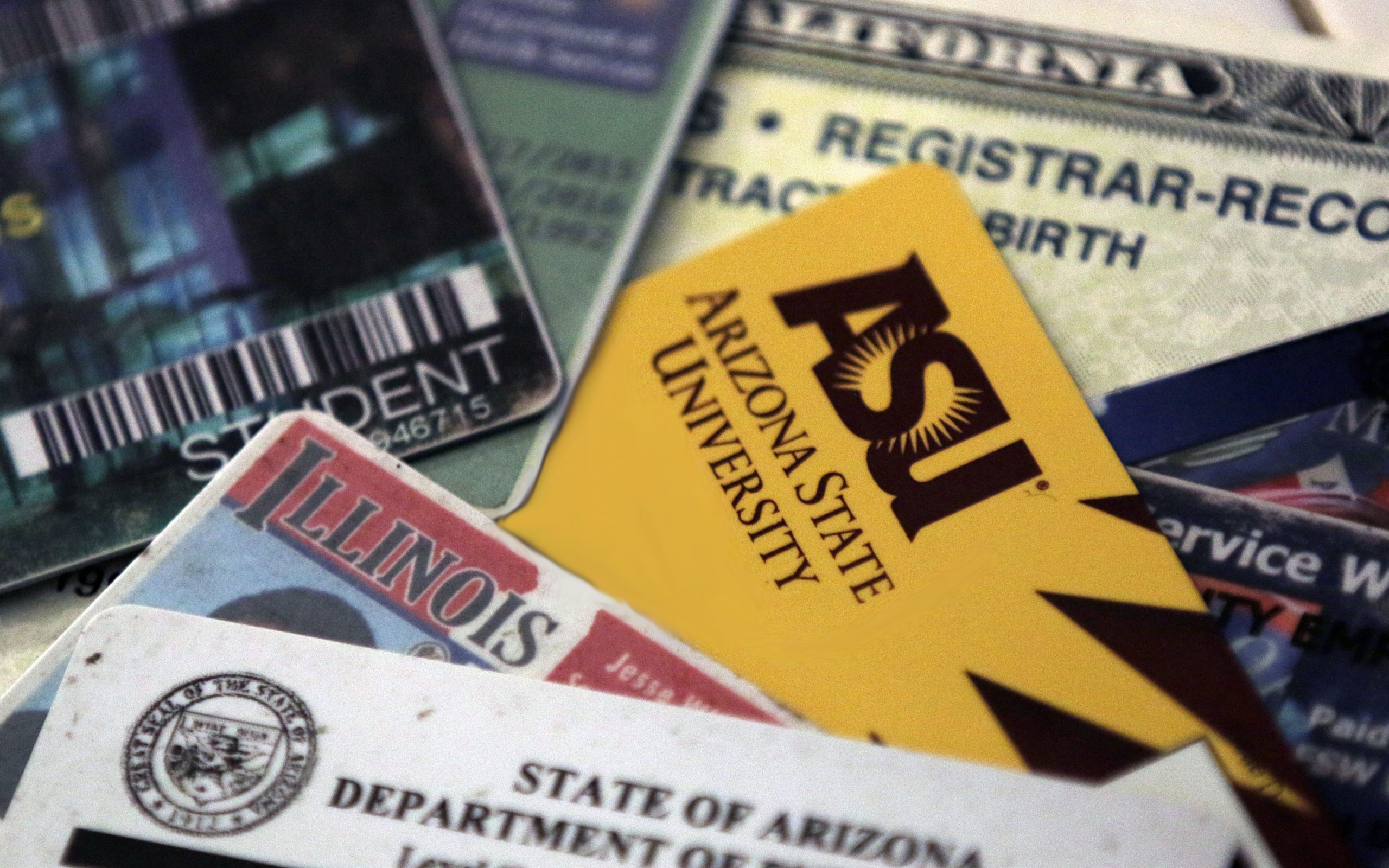The Phoenix municipal ID, which is scheduled to launch in February, will allow city residents who don’t have the documents to obtain a state identification card to obtain a municipal ID that will allow them access to all city services, such as turning on water or checking out a library book. It also will serve as a valid ID when dealing with law enforcement.
“It affects a lot of people, one of the reasons it came about was there were a lot of parents reporting not being able to volunteer at their kid’s school … or chaperone or eat lunch with them,” said Viri Hernandez, executive director for the Center for Neighborhood Leadership. “People not being able to open up bank accounts, rent homes, get their services activated, a lot of those things and this ID will help that.”
Hernandez said the city is still working on details of the program, but said the documents required to apply for the municipal ID will be less stringent than a what is acceptable for a state ID. The municipal ID card will not qualify someone for state services and cannot be used to apply for state identification cards.
“It includes student ID, foreign ID, licenses or voter ID cards from other countries, passports, birth certificates and bank cards,” she said. “The list for what will be accepted is much more extensive than the state ID requirements. It will allow more people to be able to prove that they are in fact who they say they are.”
Hernandez said one of the biggest values of the card has is a sense of security when dealing with police officers.
“This is a community that does not have any way to identify themselves when they are stopped by the police. To us it means being able to have an identity. It means being able to be a part of the community,” Karina Ruiz, Board President the Arizona Dream Act Coalition, said. “It means not fearing that you are going to be taken to jail just because you don’t have a form of identification.”
Hernandez said, “Police officers question and ask for ID when people report a crime, even though it is not required, it is a part of the process and it allows them to feel safer and know that they are talking to the person they think they are talking to … that was one of the big reasons for us.”
One of the concerns people had about the Phoenix ID was that if someone reported a crime and gave the responding officer his or her city ID it would be a red flag to the possibility that this person does not have legal status. The organizations that were pushing for the ID had to think of all of the repercussions.
“When I started advocating for this, I myself was undocumented. That was a question we had to answer for ourselves … ‘Do we want to do this? Is it worth it?’ Some people were asking if it was going to be like a scarlet letter,” said Hernandez.
But, she said, the good outweighed the possible bad.
“The lack of ID is actually something that is scarier than having a Phoenix ID, because someone who doesn’t have an ID will be questioned and many times arrested … if they have a foreign ID they are definitely going to be questioned.”
The ID can also benefit people in homeless shelters, women’s shelters and seniors or people with disabilities who can no longer get a driver’s license or state ID.
“When you’re going couch to couch or get evicted from your house, it’s not like you are going to be able to keep track of all of your documents. said Douglas Criswell, who was a homeless youth and now mentors teenagers in similar situations said. “That stuff isn’t going to be on your mind.”
The card will also give the holder discounts to shop locally and it can also be used as a library card.
Hernandez said, “This card has evolved to meet a lot of needs for a lot of people.”
The city plans soft launch, including a campaign to bring awareness to the new Phoenix ID, in December and plans to begin the program by February 2017.
